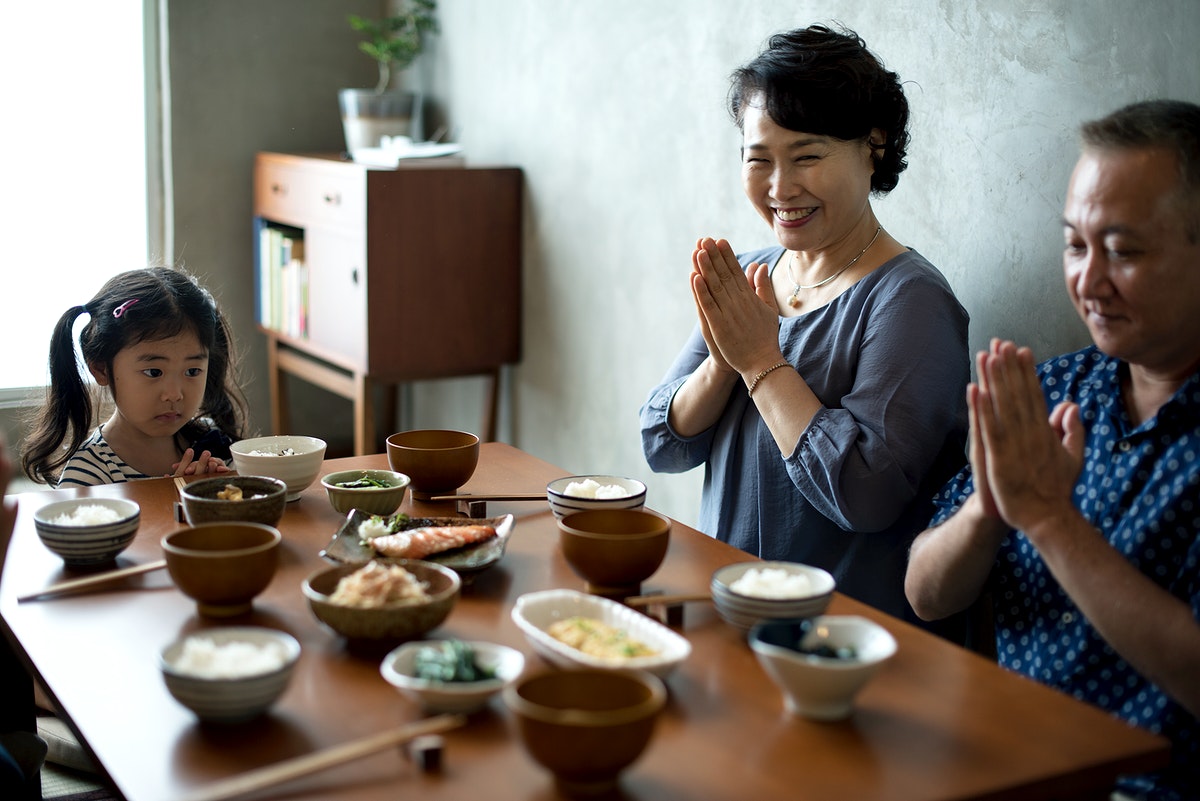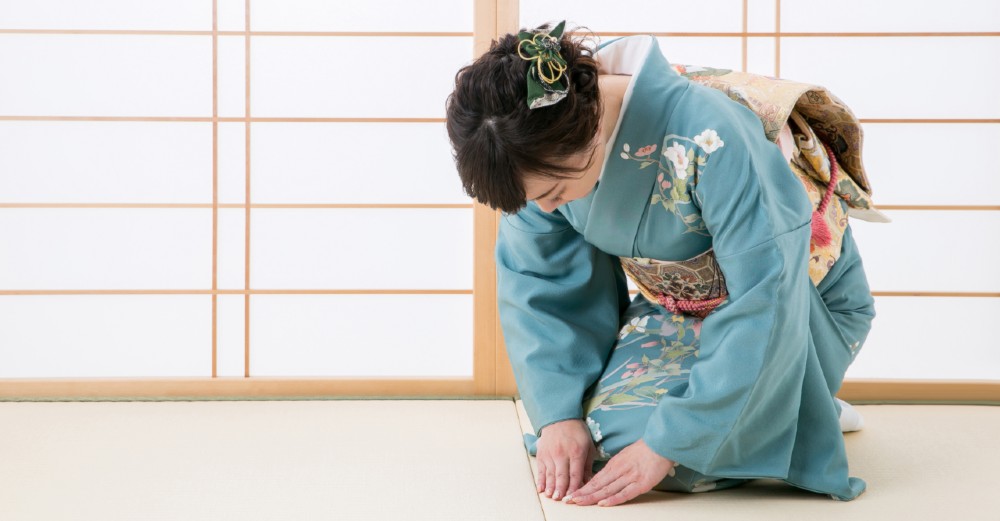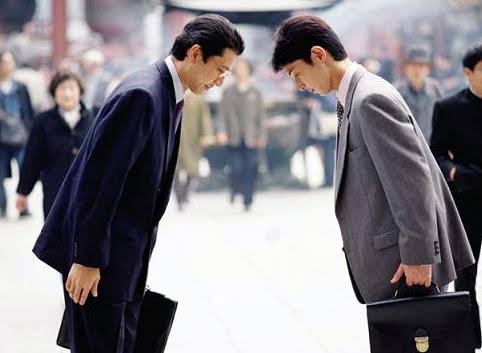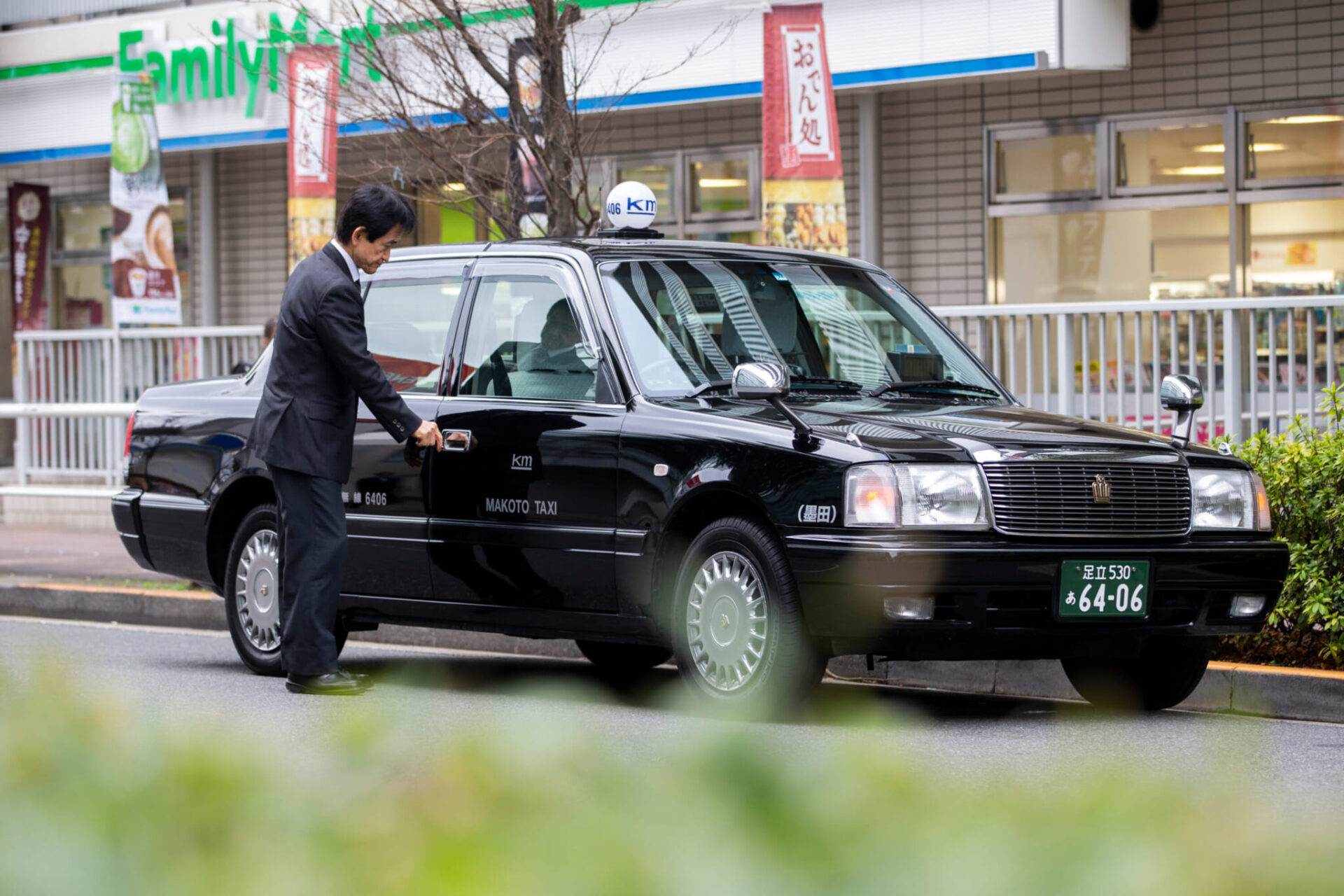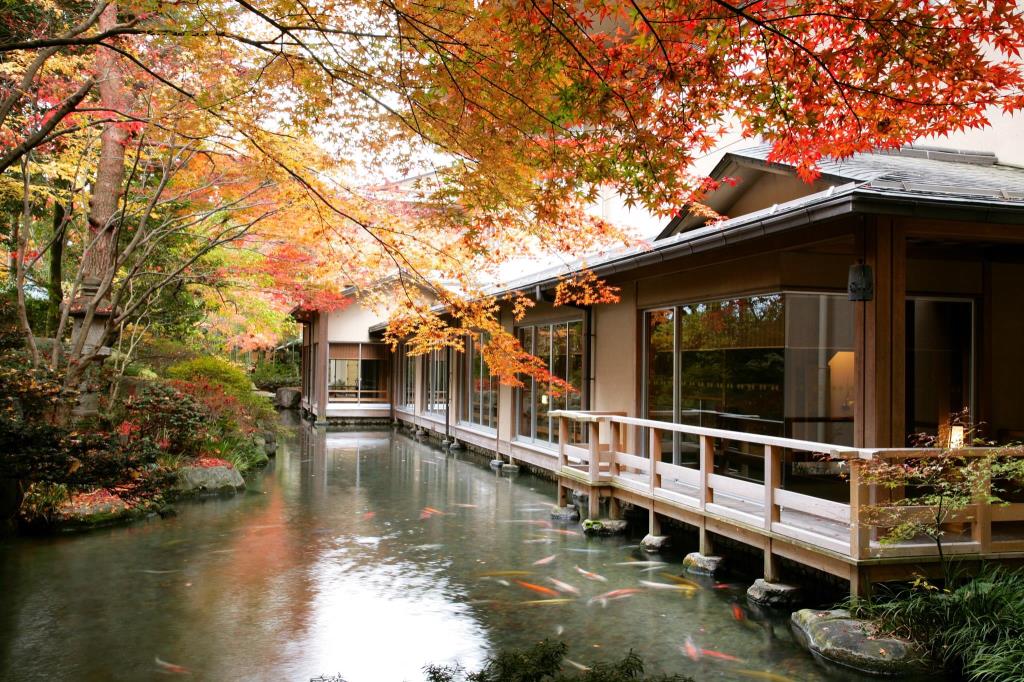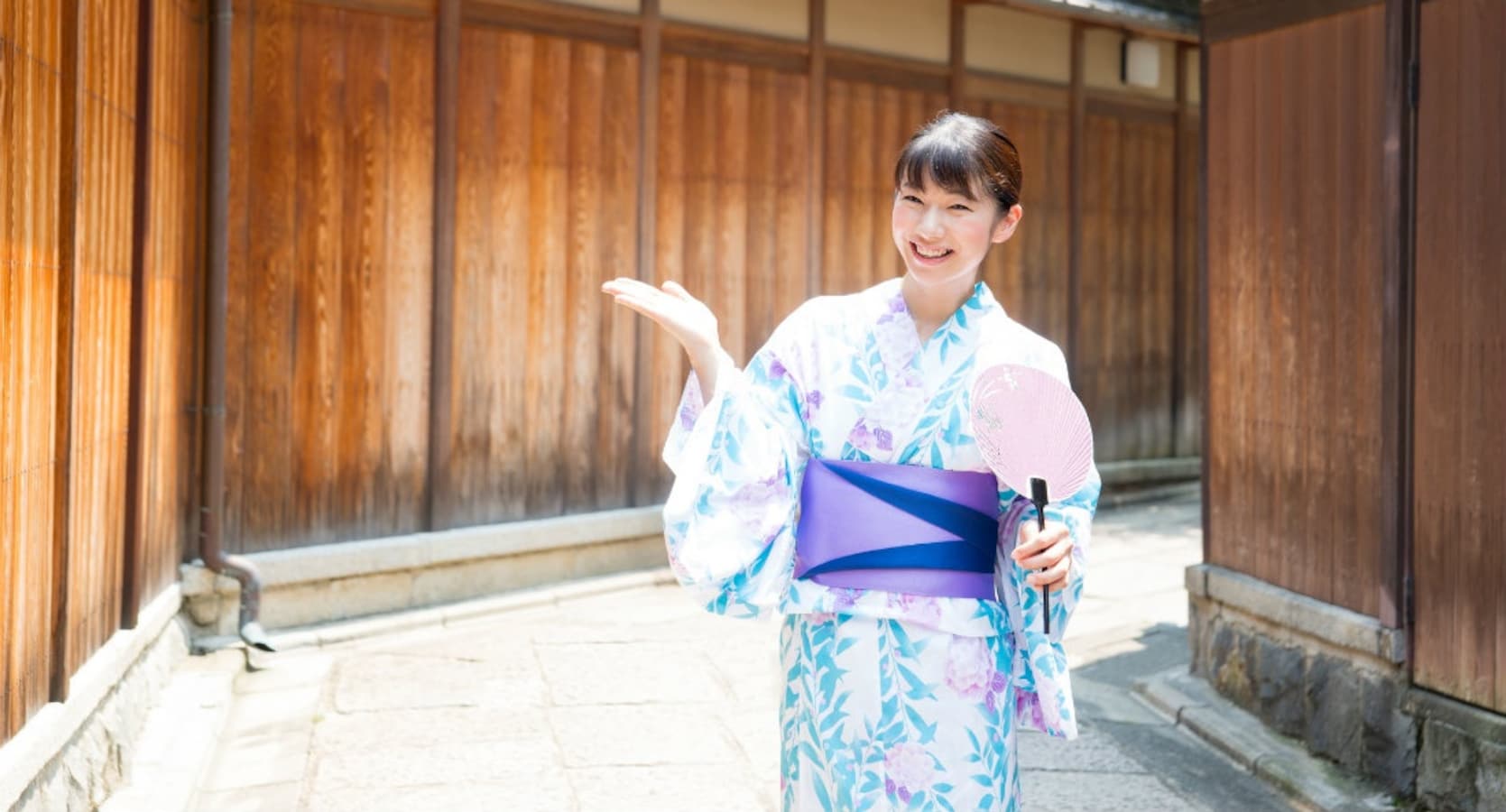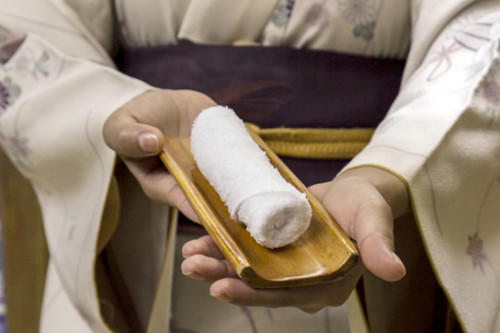Win a Free Trip to Japan!
Experience cherry blossoms and ancient temples
Understanding tipping in Japan is essential for any traveler looking to respect local customs and enhance their travel experience. Unlike many Western countries where tipping is a common practice, tipping in Japan is neither expected nor encouraged. In fact, leaving a tip can sometimes be perceived as rude or confusing. Knowing how to show appreciation within the framework of Japanese cultural norms will help you navigate social interactions with ease and ensure a more enjoyable and respectful visit. By following proper etiquette, you can express gratitude in ways that align with local expectations.
Understanding Japanese Cultural Norms Around Tipping
Understanding Japanese cultural norms around tipping is vital for any traveler wishing to navigate the social landscape respectfully. Unlike many Western nations, tipping in Japan is generally viewed as unnecessary and, in some cases, even disrespectful.
Why is tipping not common in Japan?
- Cultural Belief: Japanese society emphasizes exceptional service as a standard, not an extra. Outstanding service is an inherent part of their professional pride.
- Historical Context: Historically, Japan hasn’t adopted the tipping practice. Instead, prices often incorporate the cost of good service, eliminating the perceived need for an added gratuity.
Key Points to Remember:
- Service Included: Most establishments, particularly restaurants and hotels, include service charges in their bills.
- Gifts Over Tips: If you want to show appreciation, a small gift or token can be more appropriate and appreciated than a monetary tip.
Here’s a quick comparison:
| Aspect | Western Culture | Japanese Culture |
|---|---|---|
| Gratuity Expectation | Common practice | Generally not expected |
| Recognition of Service | Tips for good service | Service is expected to be excellent |
| Alternative Forms | Rarely given gifts | Small tokens or gifts are preferred |
In conclusion, understanding the norms around tipping in Japan can significantly enhance your travel experience. By adapting to local customs, you show respect and appreciation in a culturally meaningful way. Always remember, when in doubt, a sincere thank you paired with a pleased demeanor often goes a long way in Japan.
Why Tipping is Not Expected in Japanese Service Industry
In Japan, the concept of tipping is quite different from what many Western travelers might be accustomed to. Rather than being a sign of appreciation, tipping in Japan can often be seen as unnecessary or even disrespectful.
Here are several key reasons why tipping is not expected in Japan:
Cultural Norms: One primary reason is the deep-rooted cultural norm of providing excellent service as a standard expectation. In Japanese service culture, employees believe it is their duty to offer the best possible service without expecting additional compensation.
Professional Pride: Japanese professionals hold a strong sense of pride in their work. They view their service quality as a reflection of their skill and dedication, not as something that deserves extra monetary rewards.
Potential for Miscommunication: Tipping can sometimes lead to misunderstandings. Offering a tip might be interpreted as a gesture suggesting that the service was inadequate and that extra payment is needed to meet expectations.
Structured Compensation: In contrast to many Western countries, the Japanese service industry typically pays their employees a decent wage, removing the necessity for tips to supplement lower salaries.
Comparison Table: Tipping in Japan vs. Western Countries
| Feature | Japan | Western Countries |
|---|---|---|
| Cultural Expectations | No tipping; excellent service expected | Tipping expected for good service |
| Reaction to Tips | Can cause confusion or be seen as rude | Seen as a sign of appreciation |
| Employee Wages | Generally sufficient without tips | Often reliant on tips to supplement income |
In summary, tipping in Japan is not part of the service industry culture. Travelers should focus on expressing gratitude through other means, such as polite gestures and verbal thanks, to align with local customs and show respect for the hard-working professionals in the country.
How to Show Appreciation Without Tipping
In a country where tipping is considered unnecessary, it’s essential to understand the culturally appropriate ways to show gratitude. While tipping in Japan may surprise or even offend, there are several respectful and appreciated alternatives.
Express Your Gratitude Verbally
- Say “Arigatou Gozaimasu”: A heartfelt “thank you” in Japanese can go a long way.
- Compliment the Service: Mention specifically what you enjoyed or appreciated.
Small Gifts or Omiyage
- Bring Souvenirs from Your Home Country: Small token gifts can be thoughtful.
- Offer Sweets or Snacks: High-quality candies or treats are often well-received.
Online Reviews and Recommendations
- Write Positive Reviews: Share your delightful experience on travel sites.
- Recommend the Service to Friends: Word of mouth can boost their reputation.
Follow Japanese Customs
- Respect Dining Etiquette: Use polite manners; for example, clean up your table.
- Return Service with Kindness: Be courteous, patient, and understanding.
Actions Speak Louder Than Tips
- Bow Slightly: A slight bow as a sign of respect goes a long way.
- Leave the Space Tidy: Ensure the area you used is neat and orderly.
Using these methods to express appreciation aligns with the local culture and is far more meaningful than leaving a tip. Understanding the nuances of tipping in Japan can significantly enhance your travel experience, showing respect for traditions while genuinely thanking those who assist you.
Alternative Ways to Express Gratitude in Japan
When traveling in Japan, where tipping is uncommon, understanding alternative ways to express gratitude can significantly enhance your experience. Instead of tipping in Japan, you can adopt several other respectful practices:
Verbal Appreciation: Expressing gratitude verbally is highly appreciated. Simple phrases like “Arigatou gozaimasu” (ありがとうございます, meaning “Thank you very much”) or “Oishikatta desu” (美味しかったです, meaning “It was delicious”) can go a long way in showing your appreciation.
Small Gifts: Offering a small gift, called “omiyage” (お土産), is a thoughtful gesture. However, ensure that the gift is appropriately wrapped, as presentation holds significant cultural value in Japan.
Polite Gestures: A courteous bow conveys respect and thanks. Bowing is deeply ingrained in Japanese etiquette and can leave a positive impression when done appropriately.
Handwritten Notes: A handwritten note of thanks can be a charming and personal way to express your gratitude. It shows you took the time to appreciate the service you received.
Service Satisfaction Forms: Some establishments provide satisfaction forms. Use these to leave positive feedback, acknowledging excellent service.
Example Scenarios
| Situation | Alternative Gratitude Method |
|---|---|
| Restaurant | Verbally thanking staff, saying “Oishikatta desu” |
| Hotel Stay | Leaving a small gift or handwritten thank-you note |
| Tourist Guide Services | Providing positive feedback through satisfaction forms or small gifts |
By practicing these alternatives, you respect local customs while effectively showing appreciation. Moreover, these methods often mean more to the Japanese people than an unfamiliar tip, making your gratitude feel genuine and thoughtful.
Tipping Situations to Avoid in Japan
When traveling in Japan, it’s crucial to understand that tipping is not part of the culture. Here are key tipping situations to avoid to ensure you respect local customs:
1. Restaurants and Cafes
- Example: In Western countries, leaving a tip on the table after a meal is customary. However, in Japan, it can be perceived as rude or confusing.
- Alternative: Simply enjoy your meal and pay the exact amount stated on the bill at the counter.
2. Taxis
- Example: In many places, handing a tip to the taxi driver is a standard practice. In Japan, though, drivers take pride in their service and do not expect extra money.
- Alternative: Offer a sincere thank you instead. This shows your appreciation without offering unexpected gratuity.
3. Hotels
- Example: Leaving a tip for housekeeping or the bellboy. This might be seen as an insult, as hotel staff already strive to provide excellent service.
- Alternative: If you want to express gratitude, a small gift from your home country is often appreciated more.
4. Tour Guides
- Example: Giving a tip at the end of a guided tour can be seen as inappropriate in Japan.
- Alternative: A thoughtful gift or a heartfelt thanks can show your appreciation effectively.
Comparison: Tipping Practice
| Situation | Tipping in Japan | Tipping in Western Countries |
|---|---|---|
| Restaurants/Cafes | Not expected, might offend | Expected, part of dining culture |
| Taxis | Not required | Standard practice |
| Hotels | Considered inappropriate | Common for bellboys and housekeeping |
| Tour Guides | Uncommon, seen as awkward | Often expected at the end of the tour |
Understanding these nuances helps ensure you respect Japan’s unique customs and make the most of your travel experience.
What to Do if You Accidentally Leave a Tip
Navigating the cultural landscape of Japan, especially concerning tipping, can be challenging for travelers. While tipping in Japan is not customary and often frowned upon, mistakes happen. So, what should you do if you accidentally leave a tip?
Stay Calm and Polite
If you realize you have accidentally left a tip, do not panic. Remaining calm is key.
Expect the Tip to Be Returned
In most situations, attentive staff will quickly notice the tip. They will approach you, often with an apologetic smile, and return the money. Accept it gracefully and thank them with a polite bow.
Apologize If Needed
If the tipped amount causes confusion or discomfort, a simple, sincere apology goes a long way. Use common phrases like:
- Sumimasen (Excuse me)
- Arigatou gozaimasu (Thank you)
Explain Briefly
While not always necessary, a brief explanation can help clarify your intentions:
- “I’m sorry, tipping is common in my country.”
Learn for Future Situations
Understanding the cultural norms of tipping in Japan helps avoid similar situations in the future. Remember, the gesture of courtesy and politeness holds more value than monetary tips in Japanese culture.
Comparison Table: Tipping Behavior
| Country | Tipping Expected | Common Tip Percentage |
|---|---|---|
| United States | Yes | 15-20% |
| Japan | No | 0% |
| Germany | Yes | 5-10% |
Overall, the best approach to accidentally tipping in Japan involves staying calm, being polite, and learning from the experience. By doing so, you show respect for local customs and ensure a pleasant interaction.
Etiquette in Restaurants and Food Establishments
Understanding the fundamental etiquette in restaurants and food establishments is crucial for anyone traveling to Japan. Unlike many Western countries where tipping varies greatly, tipping in Japan is generally discouraged and often considered rude.
Here’s how you can navigate through dining experiences in Japan without misconceptions:
1. Payment Methods:
- Cash and Credit Cards: Most restaurants accept both, but smaller establishments may prefer cash.
- Payment at the Register: Instead of leaving money on the table, pay at the designated register as you leave.
2. Service Charges:
- Built-In Service Charges: Some high-end restaurants include a service charge as part of the bill. There is no need to add anything extra.
- No Additional Tip Needed: Just paying the amount on your bill will suffice.
3. Politeness and Appreciation:
- Arigato (Thank You): Express your gratitude verbally by thanking the staff. A simple “Arigato” is always appreciated.
- Oshibori (Wet Towel): Use the provided wet towel to clean your hands before eating, it’s a sign of respect.
Key Points to Remember:
- Don’t leave money on the table: It can create confusion and may be considered offensive.
- Packaged Gifts: In high-end establishments, providing a small, beautifully wrapped gift can be a polite alternative.
- Use soy sauce sparingly: Show appreciation for the chef’s work by not over-seasoning your food.
In summary, tipping in Japan is quite different from Western practices. Following these etiquettes will help you express respect and appreciation appropriately in Japanese food establishments.
Tipping in Hotels and Tourist Services
When it comes to tipping in Japan, understanding the local customs is crucial, especially in hotels and tourist services. The general expectation is that staff members do not accept tips. Instead, they offer exceptional service as a part of their professional duty. Here are some key points to consider:
Hotels:
- Do not tip the hotel staff such as bellhops, housekeepers, or concierges.
- Exception: In high-end ryokan (traditional Japanese inns), leaving a small tip for exceptional service in a neatly folded envelope is acceptable.
Tour Guides:
- The concept of tipping tour guides is uncommon. However, writing a heartfelt note or gifting a small item from your home country can be a thoughtful gesture.
Transportation Services:
- Tipping taxi drivers or airport shuttle drivers is not expected. Politeness and a simple “thank you” suffice.
Comparison of Tipping Practices
| Service | Tipping in Japan | Tipping in Western Countries |
|---|---|---|
| Hotel Bellhop | Not expected | $1-$2 per bag |
| Housekeeping | Not expected | $2-$5 per night |
| Tour Guide | Not expected | 10-20% of the tour cost |
| Taxi Driver | Not expected | 10-15% of the fare |
By adhering to these norms, you show respect for the cultural standards surrounding tipping in Japan. Instead of tipping, focus on expressing your gratitude verbally, maintaining polite behavior, and possibly offering small, culturally significant gifts.
General Do’s and Don’ts for Respectful Travel in Japan
Understanding the cultural nuances of tipping in Japan is essential for a respectful travel experience. Here are some general do’s and don’ts to keep in mind:
Do’s
- Do Remove Your Shoes: Always take off your shoes when entering someone’s home or certain traditional accommodations like ryokan.
- Do Use Both Hands: When giving or receiving items, particularly business cards or gifts, use both hands.
- Do Learn Basic Phrases: Simple Japanese phrases like “arigato” (thank you) can go a long way in showing respect.
- Do Keep Noise Levels Down: In public places like trains and restaurants, maintain a lower volume to respect others’ space.
Don’ts
- Don’t Tip: As we’ve mentioned, tipping in Japan is not customary and might even be considered rude.
- Don’t Point: Pointing with your finger is considered impolite. Use your entire hand to gesture instead.
- Don’t Eat While Walking: It’s generally frowned upon to eat or drink while walking. Find a designated place to enjoy your food.
- Don’t Be Late: Punctuality is highly valued in Japanese culture. Always try to be on time for appointments and reservations.
Comparison of Tipping Customs
| Country | Tipping Expected? | Typical Tip Percentage | Special Notes |
|---|---|---|---|
| Japan | No | 0% | Tipping in Japan is not customary. |
| USA | Yes | 15-20% | Tipping is standard for most services. |
| France | Yes | 5-10% | Service charge often included in the bill. |
By following these do’s and don’ts, you will show respect for Japanese customs and enhance your travel experience. Always remember that understanding and respecting local etiquette is crucial for a memorable and trouble-free visit.
Frequently Asked Questions
Is it customary to tip in Japan?
No, it is not customary to tip in Japan. In fact, tipping is generally viewed as an insult rather than a compliment. The Japanese culture values excellent service as a standard, and personal pride is deeply ingrained in their work ethic. Offering extra money can be perceived as implying that the employee is underpaid or required an incentive to provide good service.
What should I do if I accidentally try to tip?
If you accidentally try to tip, the person will likely refuse. Simply apologize politely by saying “Sumimasen” (which means “excuse me” or “sorry”) and thank them. It’s important to understand that no offense will likely be taken if you explain that it was an honest mistake due to cultural differences.
Are there exceptions to the no-tipping rule in Japan?
In general, tipping is not practiced in Japan. However, there are a few exceptional cases where tipping might be acceptable, such as in high-end ryokan (traditional Japanese inns). In these instances, tips are often given in a small envelope (known as “pochibukuro”) and handed directly to the person who provided the service. Even then, it’s a very rare practice and not an expectation.
How do I show appreciation for excellent service in Japan?
Rather than tipping, showing appreciation in Japan involves expressing your gratitude verbally or through your actions. Offering a sincere “Arigato gozaimasu” (thank you very much) is always appreciated. Additionally, writing a positive review, returning as a repeat customer, or recommending the establishment to others are all great ways to show your appreciation.
If tipping is not expected, why is service in Japan often so good?
Service in Japan is consistently excellent because it is deeply rooted in the culture and ethics of the workforce. Employees take great pride in their work and aim to provide the best possible service as a matter of personal and professional integrity. The philosophy of “Omotenashi” – the spirit of selfless hospitality – plays a crucial role in the exceptional service standards that travelers often experience in Japan.

